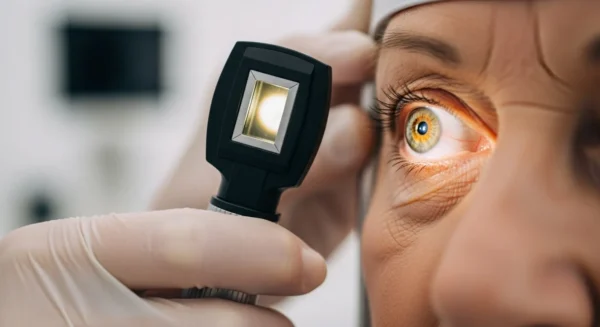
Key Signs It’s Time to Consult a Doctor
Preventing dehydration is always the best course of action. However, it is crucial to recognize the warning signs that dehydration has become serious and requires immediate medical attention. Do not wait for these symptoms to resolve on their own. If you or a loved one experience any of the following, please contact a doctor or seek emergency care right away.
1. Confusion, Dizziness, or Fainting: Severe dehydration can reduce blood flow to the brain, leading to significant confusion, disorientation, or delirium. You might feel extremely lightheaded or dizzy, especially when standing up. Fainting or losing consciousness is a clear sign of a medical emergency.
2. Rapid Heartbeat or Breathing: When you are dehydrated, your heart has to work harder to pump a lower volume of blood throughout your body. This can result in a heart rate that is faster than normal or a feeling of your heart pounding in your chest. You may also find yourself breathing more rapidly than usual.
3. Inability to Urinate or Very Dark Urine: A significant decrease in urine output is a major red flag. If you have not been able to urinate for more than eight hours, or if your urine is a very dark amber or brown color, it means your kidneys are trying to conserve every last drop of water. This indicates a severe fluid deficit.
4. Extreme Thirst and a Very Dry Mouth: While a diminished thirst sense is common, the onset of an overwhelming, insatiable thirst can be a sign of severe dehydration. This is often accompanied by a very dry mouth, cracked lips, and a swollen tongue.
5. Sunken Eyes and Lack of Skin Elasticity: When the body is severely dehydrated, the eyes may appear sunken. Another physical sign is a loss of skin turgor, or elasticity. You can check this by gently pinching the skin on the back of your hand; if it does not snap back quickly, you may be dehydrated.
6. Unexplained Lethargy or Weakness: Feeling unusually weak, tired, or unable to perform simple daily tasks can be a symptom of advanced dehydration. This goes beyond normal fatigue and can feel like a complete lack of energy.
It is especially important to be vigilant if you are experiencing vomiting, diarrhea, or a high fever, as these conditions cause you to lose fluids much more rapidly. If you have any chronic health conditions, particularly related to your heart or kidneys, you should have a very low threshold for contacting your doctor about potential dehydration.















